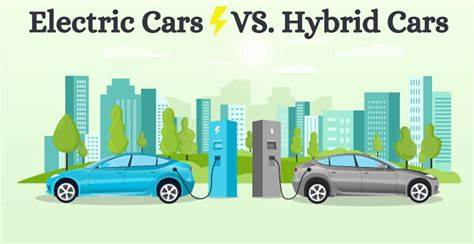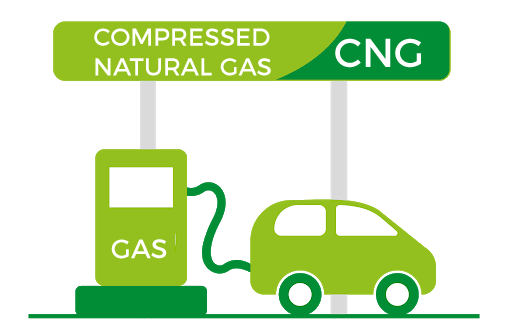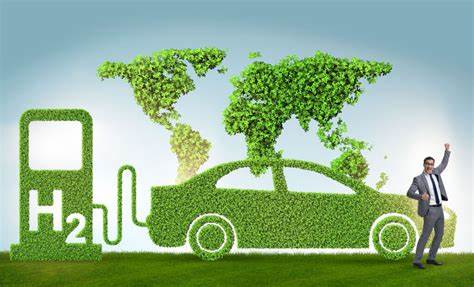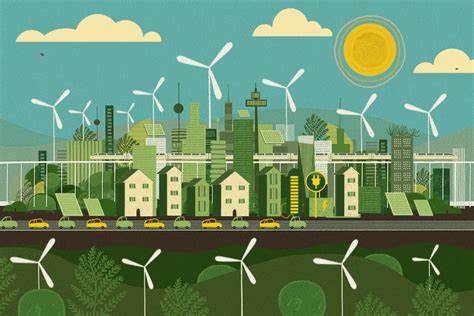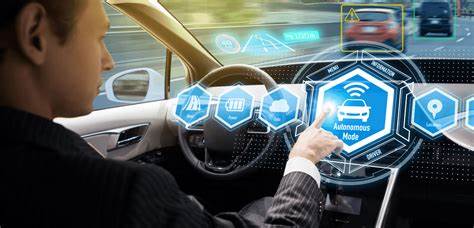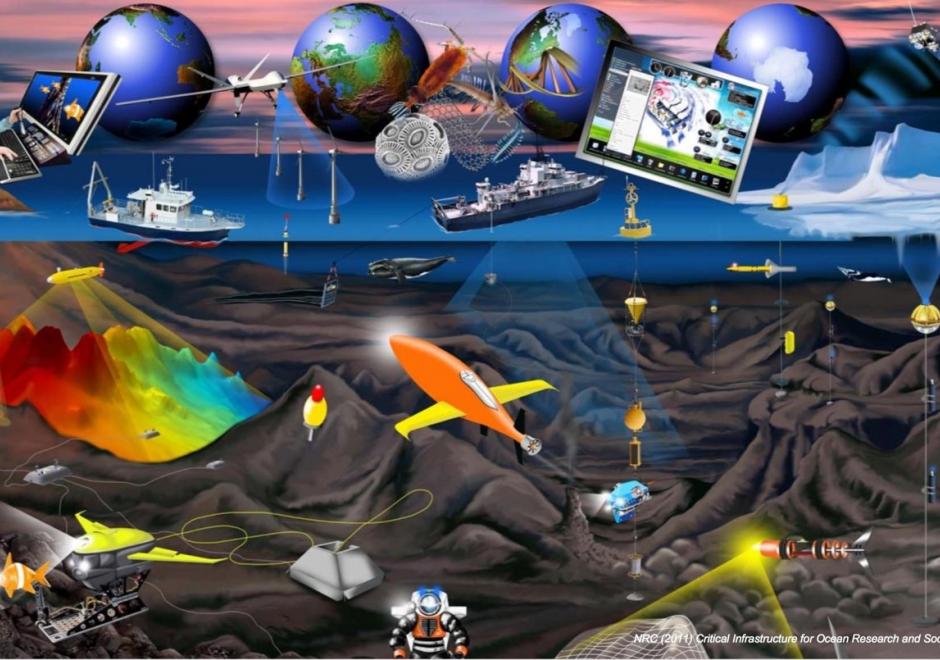Hybrid Technology: Combining Efficiency and Performance Introduction In today’s automotive industry, hybrid technology has emerged as a prominent solution to balance efficiency and performance. The integration of electric and gasoline-powered systems in hybrid vehicles offers numerous advantages, making it crucial for consumers and policymakers to understand its pros and cons. Historical Background The roots of hybrid technology can be traced back to the early 1900s when inventors like Ferdinand Porsche experimented with electric and gasoline engines. However, it was not until the late 20th century that hybrid vehicles gained significant attention. Key milestones and advancements have propelled the evolution of…
Author: sohailkhan2k22
Hybrid Engines: Revolutionizing the Automotive Industry Introduction Hybrid engines have emerged as a groundbreaking technology in the automotive industry, offering fuel efficiency and environmental sustainability. With the increasing concerns about climate change and depleting fossil fuel reserves, understanding how hybrid engines function and their relevance in the automotive industry has become crucial. Historical Background The development of hybrid technology can be traced back to early experiments conducted in the late 19th century. However, significant milestones and advancements in hybrid engine technology were not achieved until the late 20th century. Key Concepts and Definitions Hybridization: Hybrid engine technology combines the power…
Hybrid vs. Electric Vehicles: Making the Right Choice for a Sustainable Future Introduction The choice of transportation not only affects our daily lives but also has a significant impact on the environment. As concerns about climate change and sustainability grow, the decision between hybrid and electric vehicles becomes increasingly important. This article aims to provide valuable insights to help readers determine which option is right for them. Historical Background Hybrid and electric vehicles have a rich history that dates back to the late 19th century when the first electric cars were introduced. However, it wasn’t until the late 20th century…
Hybrid Vehicles: The Future of Transportation Introduction Hybrid vehicles have gained significant popularity in recent years due to their eco-friendly nature and fuel efficiency. In this comprehensive article, we will explore the definition and importance of hybrid vehicles, as well as the relevance of maintenance tips for their optimal performance. This article aims to provide twice the depth and value to the reader, offering a comprehensive understanding of hybrid vehicles and their maintenance. Historical Background The evolution of hybrid vehicles can be traced back to the late 19th century when the first petrol-electric hybrid car was introduced. However, it was…
Biofuel Cars: Driving Towards a Sustainable Future Introduction Biofuel cars and sustainable energy sources have gained significant importance in today’s world as we strive to reduce carbon emissions and combat climate change. These alternative solutions to conventional vehicles offer a promising way forward by utilizing renewable energy sources and reducing our dependence on fossil fuels. In this comprehensive article, we will explore the historical background, key concepts, advantages and challenges, government policies, case studies, current trends, challenges, future outlook, and the significance of biofuel cars as a sustainable energy source. Historical Background The history of biofuel cars dates back several…
Compressed Natural Gas (CNG) Vehicles: A Sustainable Solution for the Future Introduction Compressed Natural Gas (CNG) vehicles have emerged as a viable alternative to traditional gasoline and diesel-powered vehicles. Understanding the relevance and importance of CNG vehicles is crucial in the context of sustainable transportation. Historical Background CNG vehicles can be traced back to the mid-20th century when the first experiments with natural gas as a fuel source were conducted. Advancements in technology and growing concerns for environmental sustainability led to the evolution of CNG as a favored option for transportation. Key Concepts and Definitions Compressed Natural Gas (CNG) refers…
Introduction Hydrogen Fuel Cell Vehicles and Propane-Powered Vehicles are two emerging technologies in the automotive industry. While both aim to reduce the carbon footprint and dependence on fossil fuels, they differ in terms of their fuel sources and mechanisms. This article provides an analysis of these technologies, exploring their historical backgrounds, key concepts, advantages and benefits, case studies, current trends, challenges, future outlook, and significance. Historical Background Hydrogen Fuel Cell Vehicles have been in development since the mid-20th century, with significant advancements in recent years. Propane-Powered Vehicles have a longer history and have been utilized in various applications, including transportation,…
The Future of Alternative Fuels: Exploring Sustainable Energy Solutions Introduction As the world aims to reduce reliance on fossil fuels and combat climate change, alternative fuels have gained significant attention. This article aims to provide an overview of alternative fuels and their significance in shaping the future of energy. It also emphasizes the importance of exploring and developing sustainable energy solutions. Historical Background Alternative fuels have a rich historical context, with the emergence of biofuels in the 1970s marking a significant milestone. Over the years, advancements and challenges have influenced the pursuit of alternative fuels. Breakthroughs in technology and understanding…
Eco-Friendly Features in Self-Driving Cars: Advancements for a Sustainable Future Introduction The topic of eco-friendly features in self-driving cars holds great relevance and importance in the context of environmental sustainability and transportation technology advancements. As the automotive industry evolves, it becomes crucial to consider the impact of transportation on the environment. By integrating eco-friendly features in self-driving cars, we can pave the way for a sustainable future. Historical Background Self-driving cars have steadily emerged in the automotive industry, revolutionizing the way we envision transportation. Over the years, significant advancements have been made to develop autonomous vehicles that can navigate roads…
Introduction: The Power of IoT: Revolutionizing Eco Vehicles for a Sustainable Future In today’s rapidly evolving world, the concept of the Internet of Things (IoT) has gained substantial traction. This article explores the integration of IoT in eco vehicles and its potential to enhance sustainability efforts. By connecting devices and leveraging real-time data, IoT technology has the power to revolutionize the automotive industry and pave the way for a greener future. Historical Background: The Evolution of IoT and Eco Vehicles: A Journey Towards Sustainability To understand the significance of IoT in eco vehicles, it is crucial to delve into the…
The Safety Benefits of Autonomous Vehicles: Reducing Accidents and Improving Road Safety Introduction Autonomous vehicles have emerged as a revolutionary technology that promises to redefine the future of transportation. With their potential to enhance safety on the roads, it is crucial to understand the significance and relevance of this topic. This article explores the safety benefits of autonomous vehicles and their potential impact on road safety, capturing the readers’ interest from the start. Historical Background The evolution of autonomous vehicle technology has been marked by significant milestones and breakthroughs. From early experiments to the development of advanced sensors and artificial…
Reducing Traffic Congestion with Smart Cars: A Game-Changing Solution Introduction In today’s fast-paced world, traffic congestion has become a major issue in urban areas. As populations continue to grow and more vehicles hit the roads, traditional methods of managing traffic flow are no longer sufficient. However, the emergence of smart cars has brought new hope for tackling this problem. In this comprehensive article, we will explore the concept of reducing traffic congestion with smart cars, delving into its relevance, and discussing its potential impact on alleviating congestion. Historical Background Traffic congestion has plagued cities for decades, with an increasing number…
Role of AI in Eco-Friendly Transportation Introduction The role of artificial intelligence (AI) in eco-friendly transportation is of increasing importance and relevance in today’s world. As concerns about climate change and environmental sustainability continue to grow, finding innovative solutions to reduce carbon emissions and promote green alternatives becomes imperative. AI, with its ability to analyze vast amounts of data and make intelligent decisions, has the potential to revolutionize the transportation industry and contribute significantly to a greener future. Historical Background Throughout history, transportation has played a vital role in human development, enabling the movement of goods and people. However, the…
Exploring the Importance of Green Materials in Vehicle Production Introduction The growing concern over climate change and resource depletion has prompted the automotive industry to shift towards more sustainable practices in vehicle production. Green materials play a crucial role in this transition, offering sustainable and environmentally friendly alternatives to traditional materials. This article delves into the significance of green materials in vehicle production and explores their relevance in creating a greener future. Historical Background The automotive industry has gradually embraced green materials in response to environmental concerns. Manufacturers have actively sought ways to reduce their carbon footprint and minimize waste…
The Evolution of Eco-Friendly Manufacturing: A Path to Sustainable Production Introduction Eco-friendly manufacturing processes are essential for minimizing negative environmental impacts and promoting sustainability. This article explores the importance of adopting these processes in today’s world. Historical Background The shift towards eco-friendly manufacturing emerged as a response to the environmental consequences of industrialization. Over time, manufacturing practices have evolved, leading to the development of more sustainable approaches. Key Concepts and Definitions Sustainability: The ability to meet present needs without compromising the ability of future generations to meet their own needs. In eco-friendly manufacturing, sustainability involves practices that balance environmental, social,…
Introduction The concept of climate change adaptation is crucial in today’s world, as the impacts of climate change pose significant challenges for coastal areas. Coastal protection plays a vital role in mitigating these challenges and ensuring the resilience of coastal communities. One potential solution that holds promise is ocean energy. This article will delve into the relevance of ocean energy in coastal protection and explore its potential applications. Historical Background To understand the importance of coastal protection, it is essential to acknowledge the historical context of climate change and its impact on coastal areas. Over the years, rising sea levels,…
Wave and Tidal Energy: The Bridge to Renewable Hydrogen Introduction Renewable energy has become a global focus as societies seek sustainable alternatives to traditional energy sources. Among the various forms of renewable energy, wave and tidal energy have gained significant attention. This article aims to provide a comprehensive exploration of wave and tidal energy, particularly in their potential as sources of renewable hydrogen. Historical Background Wave and tidal energy utilization dates back centuries, with early civilizations harnessing the power of ocean waves and tides for their needs. However, significant milestones and advancements have occurred in recent history. The development of…
Ocean Energy in Art and Culture: Creativity and Sustainability Introduction Ocean energy has long been a source of inspiration for artists and a subject of fascination in various cultural practices. This article explores the intersection of art, culture, and sustainability, highlighting the importance of integrating ocean energy in creative pursuits. By examining the historical background, key concepts and definitions, main discussion points, case studies or examples, current trends or developments, challenges or controversies, and future outlook, we can gain a comprehensive understanding of the relationship between ocean energy and artistic expression. Historical Background The ocean has played a significant role…
The Ocean Energy Renaissance Introduction The concept of exploring ocean energy throughout history aims to emphasize its relevance and importance in the context of renewable energy and sustainable development. By studying historical milestones and breakthroughs, valuable lessons can be learned and applied to future endeavors. This article serves as a comprehensive guide to understanding ocean energy and its potential for the future. Historical Background Ocean energy has been harnessed for various purposes throughout history, with examples ranging from ancient civilizations using tidal mills to European communities utilizing wave energy. Significant milestones, such as the development of the first commercial wave…
Introduction The potential of the ocean for renewable energy generation is immense, and the development of the ocean energy industry is vital for a sustainable future. This article explores the significance of 2025 and beyond as a vision for the ocean energy industry. By harnessing the power of waves, tides, ocean thermal energy, and floating offshore wind, we can transform our energy systems and reduce our reliance on fossil fuels. Historical Background The ocean energy industry has a rich history that dates back to early experiments with wave and tidal power. Over the years, significant advancements have been made, driven…




